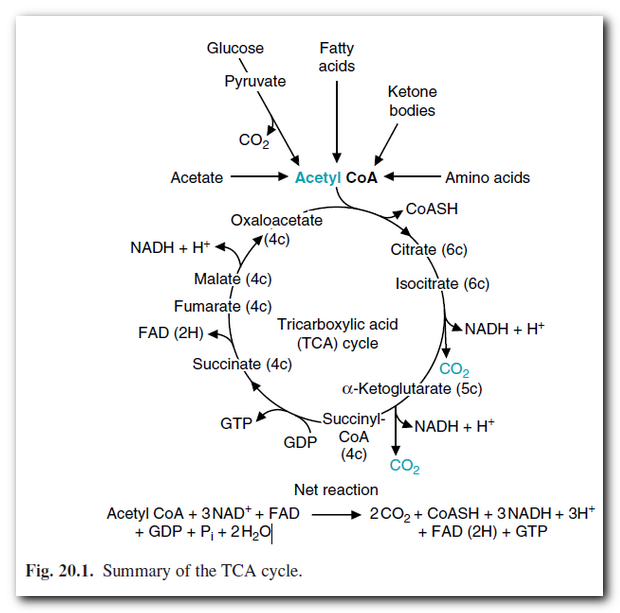Disqus and moderation
Just a quick note. I switched to Disqus quite a long while ago now due to Blogger's utterly inadequate moderation options. I do have link moderation on. I also have moderation on for first time commenters. I try and "whitelist" people rapidly, as a goal of switching to this comment platform was to keep the discussion going even if I wasn't around to participate. I think this has worked well on the whole. Danged if I know why some whitelisters still have posts with links held up and some don't. This appears quite random on my end. But there are quite a few who simply escaped my notice to be whitelisted, and to those I do apologize. If your comments do not seem to appear or seem to always go to moderation and you think this is an error, it probably is. Let me know in comments or via email (carbsane at gmail dot com) so I can fix that! :-)



